What Rahab in the Bible Can Teach Us About Empathy
In this guest post by Leah of leahegood.com, you’ll learn more about who Rahab in the Bible is and what she can teach you about empathy
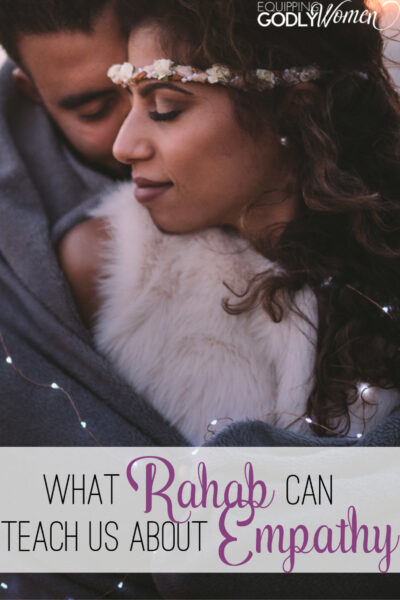
I’ve always loved stories that coax the reader to see the people around them with more empathy.
As a lifelong bookworm, stories shaped many of my childhood aspirations. I wanted to befriend Wanda from The Hundred Dresses and behave like a princess like Sara Crew in A Little Princess.
Stories in the Bible often have the same impact as the fictional stories of my childhood. A glimpse of a life lived thousands of years ago can challenge me to change my perspective and attitude about the people around me.
Rahab in the Bible is one such story.
Rahab occupies an interesting place in the mind and heart of the modern church. Her documented profession as a prostitute keeps her from being a Sunday School staple like Jonah and the Whale or David and Goliath, but her story draws people back over and over again.
You can find the story of Rahab in the Bible in Joshua chapters two and six. She also has a place in the genealogy of Jesus Christ (Matthew 1:5) and the Hall of Faith (Hebrews 11:31) and is mentioned again in the books of James and Isaiah.
Rahab in the Bible is Best Known for Three Things
- She was a harlot—Rahab the prostitute
- She hid two Jewish spies who were scoping out the city of Jericho before God caused the walls to come “tumbling down” by having soldiers march and having seven priests carry and play trumpets.
- After saving the men from their pursuers by hiding them under stalks of flax, she was directed to hang a scarlet cord from her window, a sure sign that God would honor her faith by preserving her and anyone within her father’s house from the destruction of the city and the Canaanites.
So, who was Rahab in the Bible?
There are so many things we can learn from Scripture’s account of Rahab in the Bible.
We can talk about how no sin puts the sinner beyond God’s ability and willingness to redeem. We can talk about how the God of the Old Testament is the same God of the New Testament—willing to give mercy to those who ask. But I’m going to focus on what Rahab in the Bible’s story teaches us about empathy.
Guess what! This post is part of a series on the Great Women of the Bible.
Be sure to check out all of the other posts in this series here: 15 Great Women of the Bible Every Christian Woman Should Study.
We are studying great women of the Bible including Miriam and Leah, so you’ll definitely want to check them out!
3 Things Rahab in the Bible Can Teach Us About Empathy
1. To Have Empathy for People with Messy Lives
When Rahab in the Bible’s story begins, it says that two Hebrew spies, who were camped at Shittim near the Jordan River, spent the night in the house of a prostitute named Rahab. It doesn’t say “a former harlot” or “a woman named Rahab who used to be a harlot.” Yet it’s clear that God was at work in Rahab’s heart before the spies showed up on her doorstep.
The people of Jericho had been hearing stories about God’s people since the Hebrews were delivered from slavery in Egypt. They were terrified! But Rahab in the Bible was different.
She had heard the same stories, and she was probably afraid just like everyone else, but instead of huddling in fear, Rahab opened her doors to the enemy and protected the invaders from her own people.
Rahab in the Bible knew who God was.
In the years before Israel conquered Jericho, Rahab was listening to the stories and learning about their God. She recognized that he was the one, true God.
God often opens the eyes of people we would consider to be unlikely candidates. He anoints the youngest brother to be king, calls a tax collector to be his disciple, and chastises the religious leaders to save the life of an adulteress.
Have grace and empathy for the Rahabs of Jericho in your life. Don’t assume God isn’t working in someone’s life just because the sin hasn’t stopped yet.
Before Rahab’s life changed, she had to learn who God was. And while the rest of Jericho waited in fear, Rahab took her first step of faith, and that faith Rahab in the Bible had is what saved her family.
2. To Have Empathy for People with Difficult Pasts
Have you ever stopped to wonder what life must have been like for Rahab in the Bible after Jericho fell?
Her neighbors were dead. Her livelihood, dubious as it was, had disappeared. Rahab in the Bible emerged from the wreckage of her city with her life, her family, and a fledgling faith, but she had to start from scratch.
What was it like to be part of the only surviving family of Jericho living among the conquering Israelites in the camp of Israel? If Moses, the respected leader of the nation, was criticized for having a foreign wife, there must have been some disapproving murmurs when Rahab and Salmon of the tribe of Judah married.
It makes me so sad when I hear stories about people who attend a church for months without anyone learning their names. It’s even worse when someone is intentionally ostracized because people are skeptical of their history or the genuineness of their faith.
Do you welcome the Rahabs of Israel into the family of God? Do you join in on whispers about the past, or do you live in the present?
We’re called to be wise as serpents and harmless as doves (Matthew 10:16). By all means, be discerning about the company you keep and the people you trust.
Paul warns to “lay hands suddenly on no man” (1 Timothy 5:22). But don’t be so cautious that you forget to be empathetic and cause harm to people who need to experience love from the body of Christ.
We can’t pretend the past didn’t happen. There are often lessons to be learned and wounds to be healed.
The Bible consistently references Rahab in the Bible’s past by calling her “Rahab the Harlot,” but it does not do so in a spirit of condemnation. Instead, Rahab in the Bible’s story highlights the power of faith and courage and the deep inclusion of God’s redemption.
If God didn’t see Rahab in the Bible’s history as cause to exclude her from the Chosen People living in the Promised Land, who are we to exclude modern Rahabs from the church?
Related Reading: Why Christians Belong in Bars
3. The Importance of Teaching Our Children to Be Empathetic
It might seem strange for me to say that my favorite part of Rahab’s story takes place in the book of Ruth. If you can’t remember Rahab in the Bible being mentioned in Ruth, you’d be right. However, Boaz is a prominent figure in the book and Rahab in the Bible was Boaz’s mother! (See Matthew 1:5)
When Ruth and Naomi show up in Israel, widowed and penniless, Boaz sees Ruth working in the field and tells her not to glean anywhere else. He tells his workers to leave extra grain behind for her.
When her nearest kinsman refuses to redeem Mahlon’s line through Ruth, Boaz does not hesitate to take the Moabite woman as his wife.
I think that part of Boaz’s interest in and compassion for Ruth stemmed from his mother. Rahab knew what it was like to be unprotected. She knew what it was like to be a foreigner. Boaz must have known first-hand what it was like to have one’s history and lineage whispered about.
Boaz’s history through his mother Rahab prepared him to protect and love Ruth.
Are you teaching your children to protect the weak and befriend the newcomers? Do you keep quiet about your past and brush aside challenging encounters, or have you prayerfully considered how they might provide valuable examples to your children of the importance of empathy?
Based on the facts of Rahab in the Bible, it’s clear she had a hard life, and that God used the characteristics of Rahab to weave a beautiful story of faith, redemption, and empathy.
Plus, she ended up being of the lineage of Jesus Christ! Despite her messy start, this unlikely woman ended up having her own bright future.
All this to say, don’t give up on your acquaintances, friends, and relatives who seem to have messy lives. You never know what God is doing in their hearts.
When people take that first step of faith, don’t make their pasts into a stumbling block. Instead, look back and celebrate God’s mercy and redemption.
Related Reading: Four Ways to Raise Children Who are Truly Grateful
How do you show empathy to the people in your life as it was shown to Rahab in the Bible? How do you encourage your children to be empathetic?



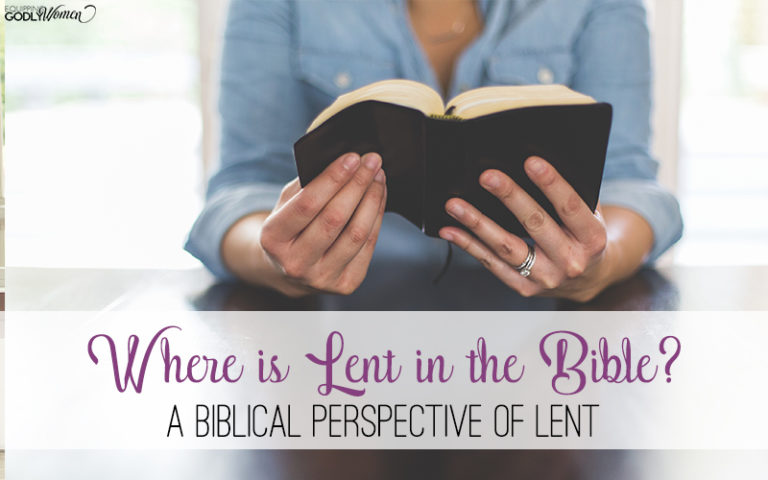
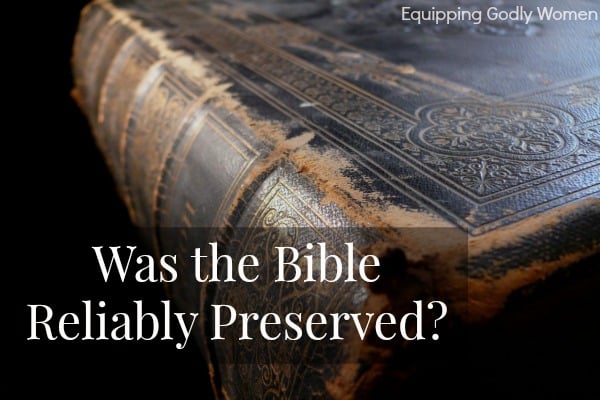

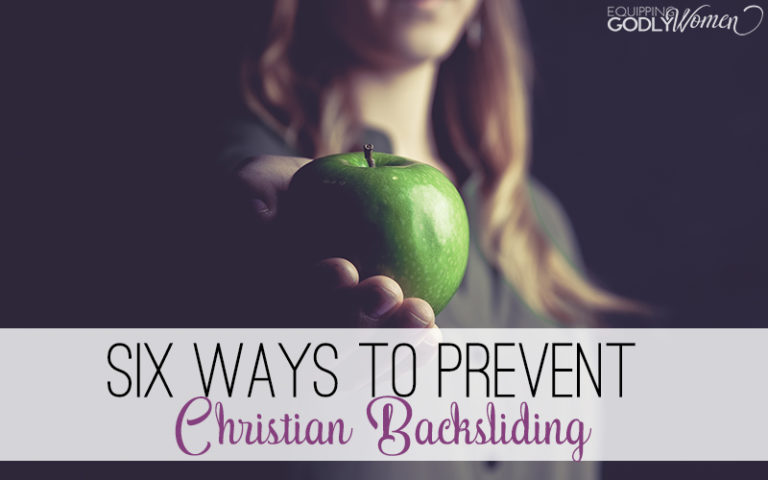

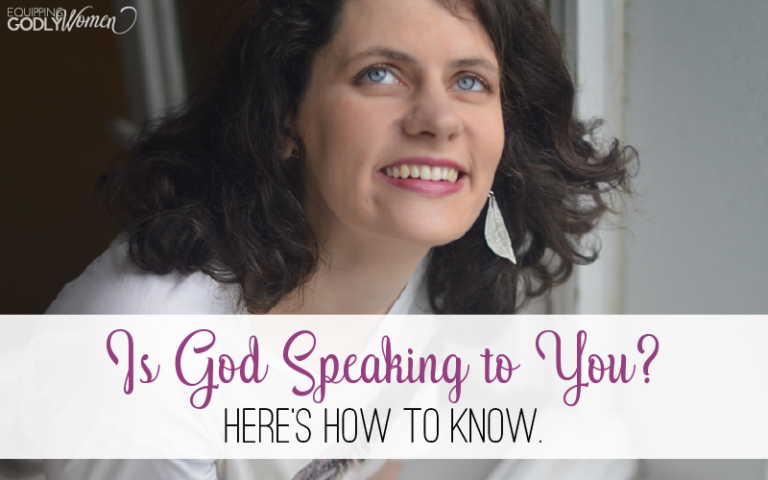
Thanks for providing these teachable points regarding women in the Bible. I guess I never really thought about the fact that Boaz’s mother had a “past” as I tend to think about Boaz’s and Ruth’s relationship..
I frequently revisit the story of Rahab, because it’s so inspiring to me, a middle aged male.
Based on the little bit Rahab had heard and knew about the God of Israel, she believed in him. I don’t know if prostitution was frowned on in the pagan culture of Jericho. Maybe by their standards Rahab was a respectable business woman.
In any case, Rahab’s story is a beautiful reminder that our salvation is not dependent on how good or bad we are, but rather on how awesomely good our God is!
Rahab believed in the power and GOODNESS of the God of Israel and it was enough to save her and her entire household.
On their behalf I am so thankful for Rahab’s faith, and for God’s faithfulness and tender mercies!